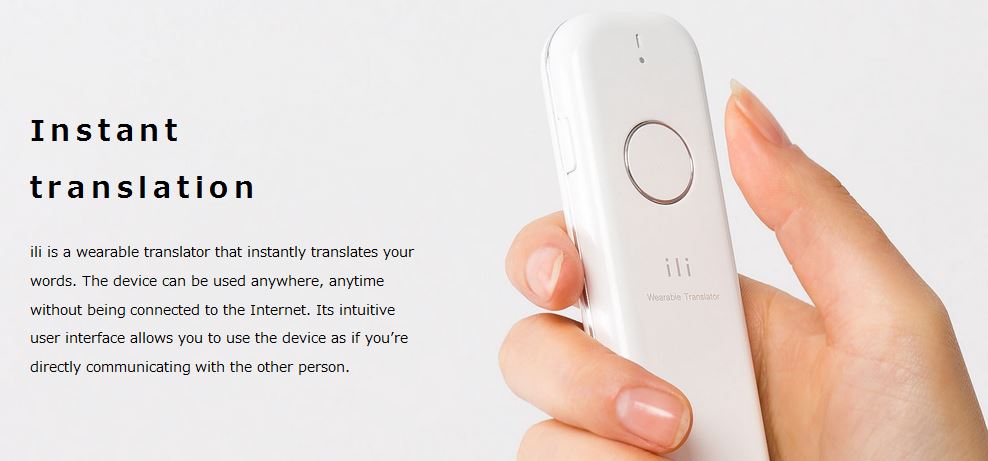Many people who speak more than one language are monocultural in their background.
Identity Politics
It’s natural for everyone to have some idea of ‘who they are’. This self-identity draws on many aspects of our lives: Our interests, talents, friends and relationships, and our family background. We often fool ourselves into thinking that we are in control of our own self-image, but the fact is that image is shaped by many factors beyond our control.
For bicultural people, it is often difficult to maintain a dual identity if they are immersed as a native in one culture – they often feel like they don’t truly belong to either. It’s almost as if cultural background was like a sports team, and you can’t root for two teams in the same game!
The most common way to deal with this is to simply choose a side. Bicultural bilinguals often choose a ‘dominant’ culture to identify with, and often spend many years of their lives denying there is a any conflict at all. You see many examples of the children of immigrants rejecting their parents’ cultural background in favor of their adopted country’s. It is a simplifying process, and also a defensive process when you are already perceived as an ‘Other’ in your new home.
With Age, Wisdom
But even for bilinguals without such concerns it is quite common to deny biculturalism. We humans appear to be hardwired to choose a side in all things, and often accepting biculturalism is a product of age and maturity – which makes sense, as youth is often a time of turmoil and personality formation. Over time, bicultural people usually come to realize the potential power of their dual background, and to embrace it.
It helps, of course, that as you grow older you usually establish your own place in the world and rely less and less on the trappings of exterior traits such as nationality or even dominant language. In other words, as your community comes to appreciate you as a person, it is easier for you to admit your own background and skills.
As has been noted many times elsewhere, bicultural bilinguals are a valuable resource, as they are natives in both cultures and form an amazing bridge between them. As they struggle with their identity, we should encourage and protect them, as we would any natural resource.




